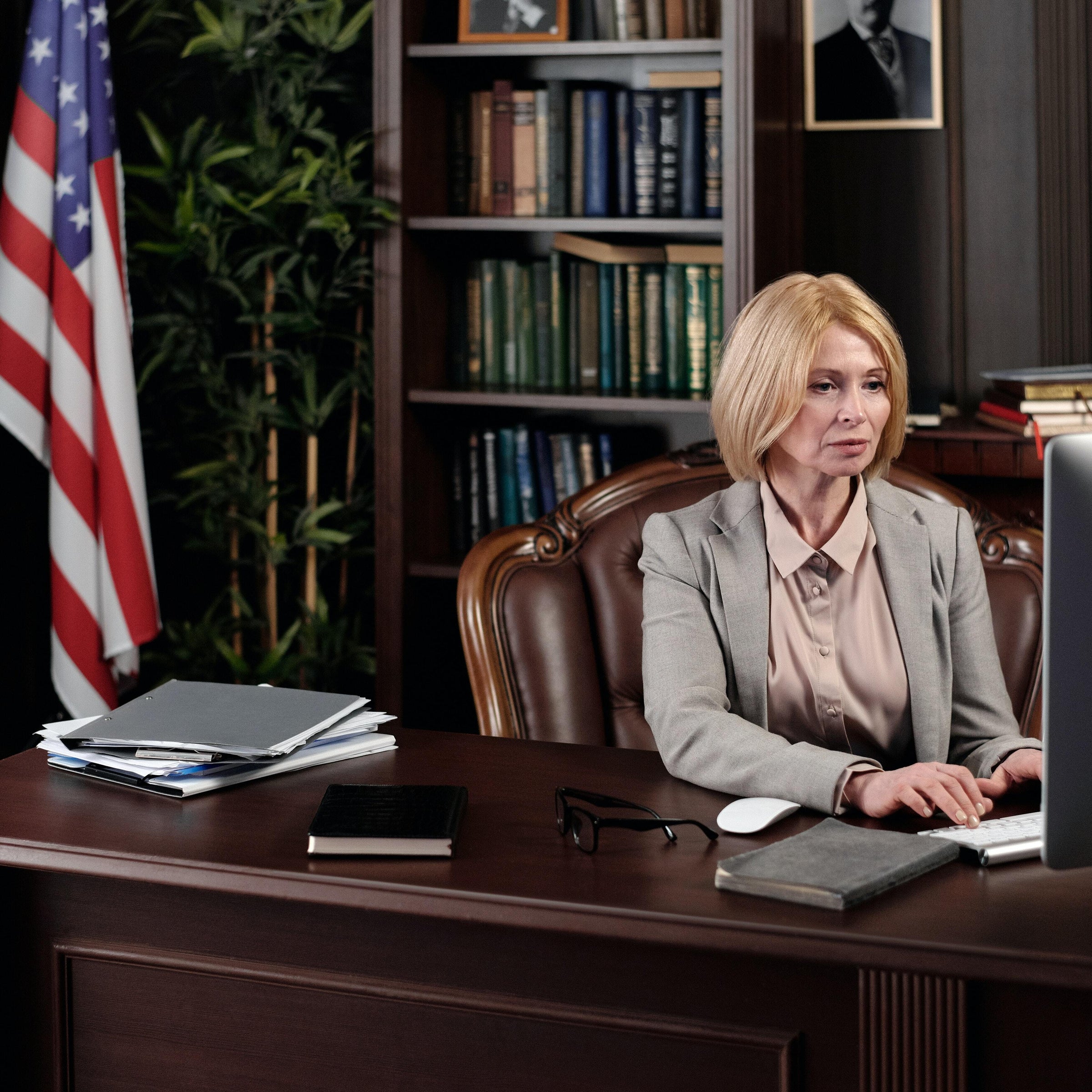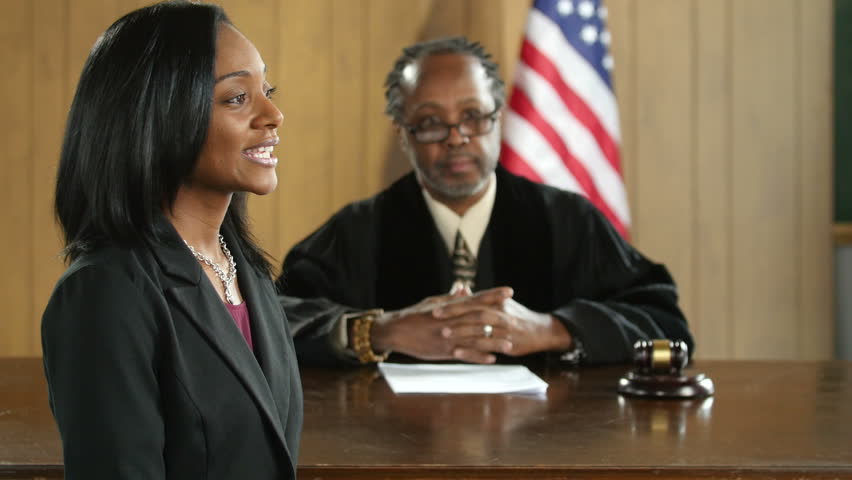Unveiling the Proficiency and Jobs of an Appellate Legal Professional
In the detailed realm of appellate regulation, the role of a lawyer takes on an unique kind requiring specialized abilities and expertise. An appellate legal specialist is tasked with a myriad of duties that surpass the standard techniques of litigation. From thoroughly crafting influential legal briefs to developing the art of dental advocacy, their payments are crucial in shaping the result of instances at the appellate degree. As we explore the complex world of appellate regulation, a closer evaluation of the necessary abilities and jobs of these professionals reveals an interesting landscape that demands both accuracy and critical acumen to browse successfully.
The Duty of an Appellate Lawyer
In the realm of appellate legislation, the role of an appellate lawyer is critical in browsing the complexities of greater court process and promoting for customers seeking appellate evaluation. Appellate attorneys concentrate on dealing with instances on appeal, where the emphasis changes from facts and evidence offered at trial to lawful arguments and step-by-step concerns. Their key responsibility is to examine trial documents, identify legal mistakes, perform legal research study, draft influential briefs, and existing oral arguments prior to appellate courts.
Additionally, appellate legal professionals offer as calculated consultants to trial lawyers, assisting them on protecting lawful issues for possible charm and developing solid legal arguments throughout the test process - post conviction lawyer. Additionally, appellate attorneys play a crucial role in forming the legislation by advocating for lawful principles that can establish criteria influencing future cases.
Important Abilities for Appellate Work
Appellate lawful professionals should have exceptional research study abilities to dig into instance regulation, statutes, and legal criteria to create influential legal arguments. Composing abilities are paramount, as appellate work needs preparing clear, succinct, and engaging lawful briefs that articulate complex legal problems persuasively.
Additionally, critical thinking skills are vital for appellate lawful specialists to analyze lawful strategies, anticipate counterarguments, and identify weaknesses in opposing guidance's settings. Strong oral advocacy skills are also vital for presenting arguments persuasively during appellate hearings. In addition, appellate specialists need to be adept at collaborating with coworkers, obtaining and including feedback, and adjusting approaches based upon judicial comments. In essence, a successful appellate attorney has a special blend of analytical, study, composing, and advocacy skills to succeed in the appellate sector.
Crafting Persuasive Legal Briefs
Provided the foundational relevance of outstanding research abilities and a deep understanding of procedural regulations for success in appellate work, crafting persuasive legal briefs stands as an important job for appellate lawful professionals. Lawful briefs act as the main device for providing debates and legal evaluation to appellate courts - appeal lawyers grand prairie. To craft a persuasive legal brief, appellate professionals should carefully structure their arguments, cite relevant lawful authority, and prepare for and counter prospective counterarguments
The influential power of a lawful quick depend on its capability to clearly and persuasively articulate the lawful concerns, examine significant case law, and use the regulation to the truths of the situation at hand. Appellate lawful specialists need to demonstrate a keen capacity to boil down complicated lawful concepts into succinct and engaging disagreements that support their customer's placement. Furthermore, crafting a persuasive lawful short involves not dig this just offering a solid lawful argument yet likewise weaving a compelling story that engages the viewers and strengthens the desired end result. Grasping the art of crafting persuasive lawful briefs is essential for appellate attorneys looking for success in promoting for their customers before appellate courts.

Preparing for Dental Disagreements
An important aspect of the appellate procedure involves detailed preparation for offering oral disagreements on trial - post conviction lawyer. Getting ready for dental arguments needs a comprehensive understanding of the situation, familiarity with legal precedents, and the capacity to anticipate and react to concerns from the courts. Appellate lawyers need to meticulously assess the record, determine crucial lawful issues, and craft convincing disagreements to sustain their customer's position
Before the oral disagreement, attorneys need to engage in moot court exercises to replicate the court experience and receive feedback on their presentation. This method permits them to improve their arguments, enhance their distribution, and boost their ability to deal with difficult queries successfully.

Navigating the Appeals Refine
Successfully browsing the allures procedure needs a calculated understanding of procedural guidelines and timelines within the appellate court system. The process generally begins with submitting a notification of allure within a defined timeframe after a final judgment is gotten in at the high court level (best appeal lawyer in tallahassee florida). As soon as the notice of charm is submitted, the applicant should after that construct the record on charm, that includes relevant files, records, and shows from the high court procedures

Throughout this procedure, appellate lawful professionals should stick to stringent procedural policies and target dates to guarantee their debates are listened to and taken into consideration by the appellate court. By mastering these complexities, legal experts can efficiently navigate the charms process and advocate for their clients' interests.
Conclusion
Finally, the competence and jobs of an appellate attorney are essential in navigating the complex appeals procedure. With essential abilities in crafting influential lawful briefs and getting ready for oral arguments, these professionals play an essential duty in promoting for clients in appellate court. By understanding the nuances of appellate job and having the required skills, appellate lawyers are equipped to effectively stand for customers in the appeals procedure.
In addition, appellate legal professionals offer as calculated consultants to trial lawyers, directing them on preserving lawful problems for potential charm and developing solid lawful disagreements throughout the trial procedure. Appellate legal specialists need to possess phenomenal research study skills to dive into instance legislation, statutes, and lawful precedents to build persuasive lawful disagreements.Given the fundamental significance of phenomenal research study abilities and a deep understanding of procedural regulations for success in appellate work, crafting influential legal briefs stands as an essential task for appellate lawful professionals. Understanding the art of crafting persuasive lawful briefs is essential for appellate lawful professionals seeking success in promoting for their customers before appellate courts.
Appellate lawful specialists should diligently evaluate the document, recognize essential lawful concerns, and craft persuasive disagreements to sustain their client's setting.